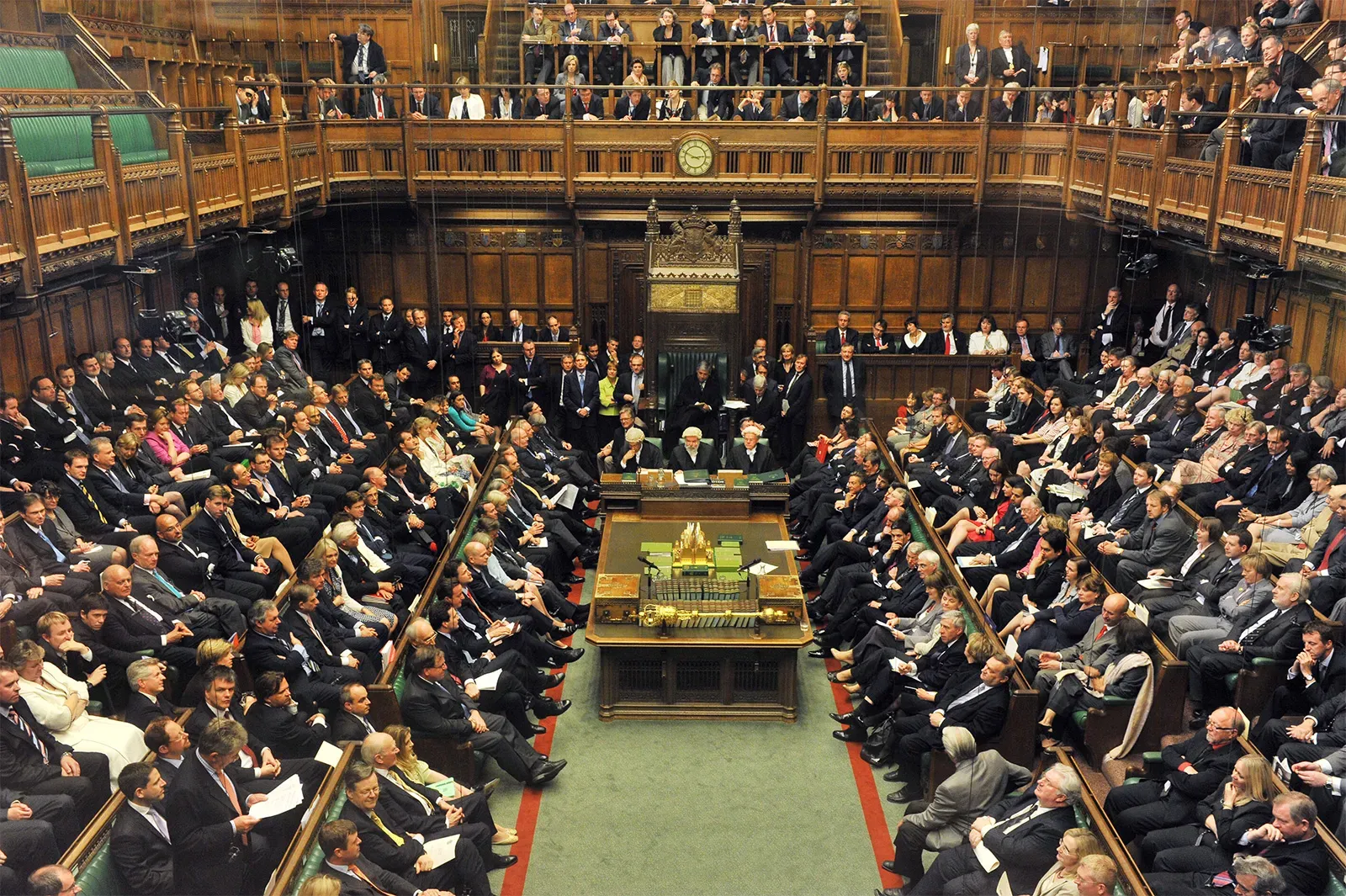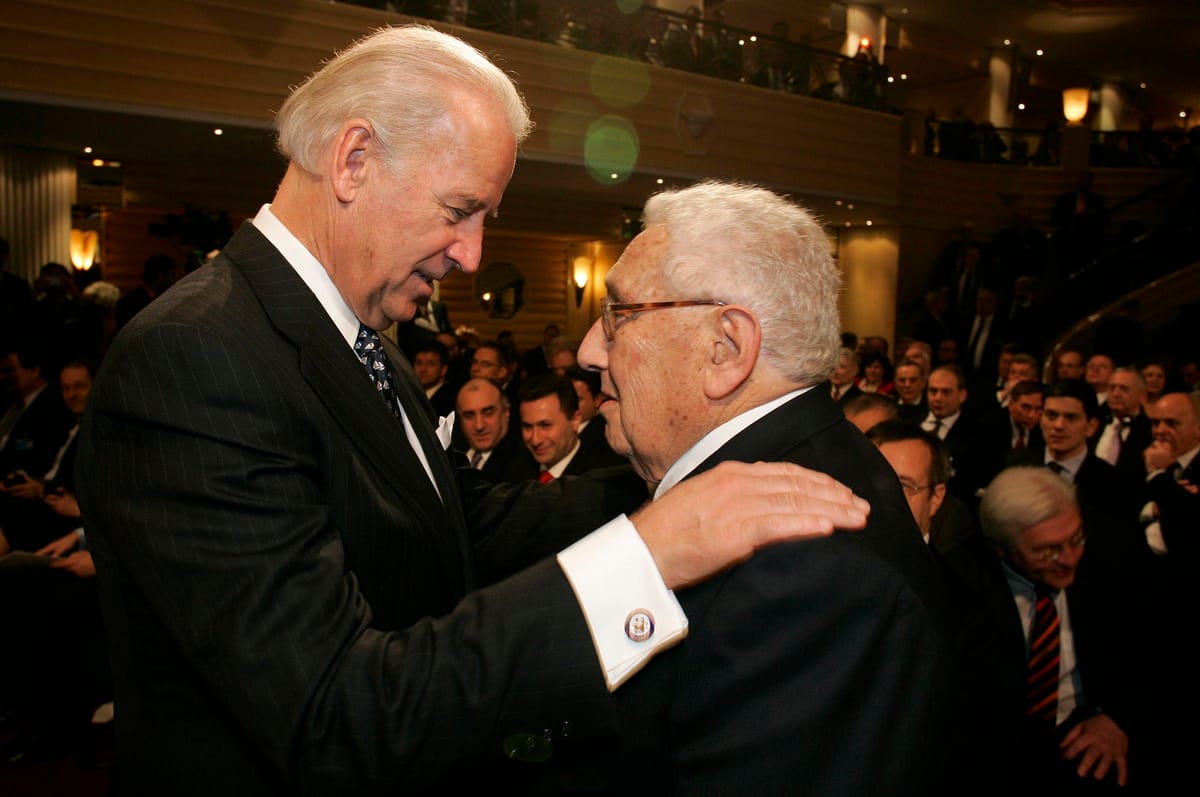Gaza Ceasefire: Why was it so Difficult to Achieve?
The rejection of a ceasefire proposal by the UK Parliament ignited discussions surrounding the UK's historical responsibility or gross actions of irresponsibility in the region and its current position in the Gaza conflict

In a significant fracture within the Labour Party, 56 lawmakers defied party lines by advocating for a ceasefire in Gaza in a vote on November 16, 2023. Despite this dissent, the amendment was ultimately defeated with 312 votes against and 278 in favor, resulting in a majority of 34 for the anti-Gaza truce parties. This internal split underscored the ongoing debate surrounding the UK's stance on the Gaza conflict.
The following day, Members of Parliament were presented with another opportunity to address the Gaza conflict through an amendment proposed by the Scottish National Party (SNP). Their amendment called for an immediate ceasefire in Gaza, encompassing all parties involved. However, this motion was rejected by a majority of 168 votes, with 293 MPs voting against and 125 voting in favor.

The outcome of these votes indicates that the majority of MPs currently do not support an immediate ceasefire in Gaza, despite calls from some Labour Party members and the SNP. Thus, the UK government is not mandated to pursue an immediate cessation of hostilities in the region. Consequently, the official stance of the UK government does not include a call for an immediate ceasefire in Gaza.
At present, there is no indication that the UK Parliament will revisit the issue of a Gaza ceasefire. While it remains possible for MPs to propose a similar motion in the future, the decision ultimately lies with the Speaker of the House of Commons, who may or may not choose to include it in the agenda.
UK's Historical Responsibility
The rejection of the immediate ceasefire motion has garnered criticism from various quarters, with some expressing disappointment in the government's stance. This outcome has ignited discussions surrounding the UK's historical responsibility in the region and its current position on the Gaza conflict. Critics have accused the UK government of supporting Israel's actions in the region, heightening the scrutiny on the country's role.
While the UK government maintains that its position aligns with international law and emphasizes Israel's right to defend itself, there have been calls for a more proactive approach in addressing the situation in Gaza. This debate underscores the multidimensional nature of the UK's stance on Israel's actions in Gaza and the complexities surrounding the issue.
It is important to note that the rejection of the motion for an immediate ceasefire does not automatically indicate blanket support for Israel's actions. Rather, it reflects the outcome of a specific parliamentary vote. The UK's position on the Gaza conflict remains a subject of ongoing debate and scrutiny.
The rejection of the motion has also raised questions about the broader geopolitical considerations that may influence the UK's stance. Factors such as trade agreements and international relations have been linked to the government's position on Israel's actions in Gaza. However, it is essential to recognize that calls for a ceasefire in Gaza from segments of the public do not align with the official government stance.
The ongoing crisis in Gaza has intensified, leaving behind a trail of death and destruction. With mounting casualties and innocent civilians, including children, paying the price, the international community is now anxiously watching as British Members of Parliament (MPs) prepare to cast their votes on a motion calling for a ceasefire in Gaza.
Loss of Life
The devastating loss of life in Gaza cannot be ignored. Recent reports suggest that over 11,000 people have been killed, further perpetuating an endless cycle of violence and suffering. Thus, this upcoming vote presents a crucial opportunity for British MPs to make a stand against indiscriminate killing and advocate for an immediate cessation of hostilities.
At its core, the motion calling for a ceasefire represents a simple yet profound moral choice for British MPs. They are tasked with deciding whether to support the continued loss of human life or to prioritize the preservation of innocent lives on both sides of the conflict. This vote serves as a litmus test for elected representatives, underscoring the significance of their commitment to peace, diplomacy, and the universal values of humanity.
In the aftermath of horror and tragedy, the need for voices advocating peace and diplomacy becomes increasingly paramount. Amidst the wreckage caused by the conflict, it is imperative for MPs to rise above political divides and act in the best interest of all those affected by the violence. By supporting a ceasefire, MPs can unequivocally demonstrate their unwavering commitment to resolving conflicts through peaceful means and serve as beacons of hope in the pursuit of a just and lasting resolution.
To effectively address the situation, it is crucial for British MPs to condemn all forms of violence, irrespective of the perpetrators. This includes the acts of terror committed by Hamas against Israeli civilians, as well as the acts of terror perpetrated by the Israeli government against Palestinian civilians. By acknowledging and denouncing all acts of violence, MPs send a clear message that their pursuit of a ceasefire in Gaza is guided by a commitment to uphold the sanctity of all human life.
The ultimate goal in resolving the conflict lies in achieving freedom, justice, and peace for all Palestinians and Israelis. A ceasefire represents a critical step towards creating an environment conducive to meaningful negotiations and dialogue. By voting in favor of the motion, MPs can actively contribute to the pursuit of a peaceful and political solution, addressing the root causes of the conflict and working towards a future where both Palestinians and Israelis can coexist in peace and security.
The weight is still on British MPs
With the responsibility to bring an end to the ongoing loss of life in Gaza, British MPs bear the weight of a significant duty. Time is of the essence, as every passing minute could cost another human life. Each MP has a moral obligation to advocate for the release of hostages, an end to the siege of Gaza, and the cessation of the occupation of Palestine. By voting for a ceasefire, MPs can amplify the voices of those affected by the conflict, demanding the immediate cessation of hostilities and the protection of civilian life.
In the besieged Gaza Strip, nearly 2,000 Palestinian cancer patients are grappling with a dire healthcare crisis. As an experienced war journalist dedicated to shedding light on pressing issues, it is crucial to explore the humanitarian implications of Israel's alleged denial of medical resources to these vulnerable individuals. This article delves into the mounting challenges faced by cancer patients in Gaza and highlights the need for greater attention to this critical situation.
Gaza, home to approximately two million people, has long suffered from a severe shortage of healthcare facilities and resources. Factors such as the ongoing Israeli blockade, political instability, and economic challenges have further strained an already overburdened healthcare system. Consequently, cancer patients in the region find themselves in an acutely desperate situation, struggling to access proper treatment and care.
The allegations of Israel's denial of medical resources to cancer patients in Gaza have sparked criticism and raised grave concerns. Critics argue that such denial represents a violation of human rights and undermines efforts to provide adequate healthcare in the region.
Cancer patients in Gaza face numerous obstacles when attempting to seek treatment outside the region. The permit application process is convoluted and time-consuming, leading to significant challenges, delays, and even rejections. Moreover, the limited capacity of Gaza's healthcare infrastructure exacerbates the situation, forcing patients to seek treatments outside the territory. However, the denial or delay of permits by Israeli authorities hampers their ability to obtain life-saving care, further exacerbating their plight.
Isreal Denied Medical Aid To Palestinians
The denial of medical treatment to cancer patients in Gaza constitutes a serious violation of their right to receive adequate healthcare. The World Health Organization has repeatedly expressed concern over the dire consequences of this denial on the well-being and survival of patients. Timely and appropriate treatment plays a pivotal role in improving outcomes for cancer patients, and any delays significantly reduce their chances of successful recovery.
The international community bears a significant responsibility in addressing this alarming humanitarian crisis. Various organizations have called for action, urging Israel to review its policies and ensure unhindered access to medical treatment for cancer patients in Gaza. Humanitarian aid organizations, such as the Red Cross, are actively engaged in advocating for improved healthcare access and working to alleviate the suffering of patients.


